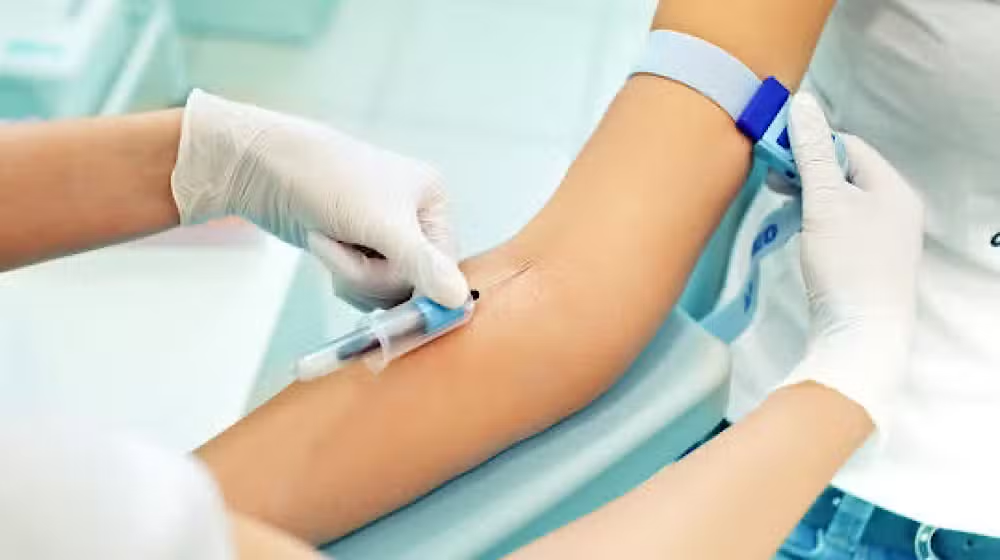The Drug Regulatory Authority of Pakistan (DRAP) has issued a critical recall of a batch of Anarob Infusion, an antibiotic drip containing metronidazole, after test results revealed dangerously high levels of bacterial endotoxins. This urgent action, prompted by findings from DRAP’s Central Drugs Laboratory in Karachi, has triggered immediate market withdrawal, stock quarantines, and heightened surveillance to safeguard public health.
What Led to the Recall?
On 9 September 2025, DRAP’s Central Drugs Laboratory declared Anarob Infusion (batch H24219) as substandard due to contamination with bacterial endotoxins—compounds known to provoke severe reactions in patients. DRAP’s statement emphasized that hospitalized and immunocompromised individuals face the highest risk of adverse effects, including fever, chills, life-threatening septic shock, and other serious complications.
Detailed Facts and Response Measures
Immediate Recall and Market Withdrawal
Upon receipt of laboratory findings, DRAP directed its field force and provincial drug control departments to launch comprehensive market surveys aimed at identifying and withdrawing the defective batch from circulation. Pharmacists and chemists across distribution centers and pharmacies have been ordered to halt distribution, quarantine any remaining stock, and return it to the supplier.
Reinforced Surveillance and Reporting Mechanisms
DRAP has stepped up surveillance across all federating units to maintain thorough enforcement of the recall process. Healthcare professionals and supply chain stakeholders are urged to remain vigilant. Any adverse reactions or quality concerns must be reported to the National Pharmacovigilance Centre (NPC) via the official Adverse Event Reporting Form or online portal.
Public Advisory for Consumers
Consumers in possession of products matching batch H24219 are strongly advised to stop using them immediately. Those who have experienced any health issues potentially associated with the infusion should consult their physician promptly and report incidents to DRAP and the NPC.
Background and Regulatory Context
Anarob Infusion is a form of metronidazole administered intravenously, typically used in hospitals to treat serious infections affecting the gastrointestinal tract, skin, joints, lungs, and other areas—especially when oral antibiotics are ineffective. The presence of bacterial endotoxins in such a product poses particularly grave risks due to direct entry into the bloodstream.
This recall underscores DRAP’s growing vigilance in enforcing pharmaceutical quality standards. It follows previous recall actions, including a recall of a children’s fever syrup in March of this year and a withdrawal of nine contaminated syrups in January 2024.
Analysis and Implications
The Anarob Infusion recall highlights critical challenges in ensuring drug safety—from manufacturing quality control to effective regulatory oversight. Infections treated by metronidazole can be life-threatening, making sterility and purity paramount. The detection of substandard batches emphasizes the need for robust quality assurance, reliable lab testing, and transparent communication channels.
For healthcare providers, the incident may prompt a reevaluation of supplier selection, increased scrutiny over sterilization protocols, and reinforced vigilance in detecting compromised pharmaceutical products. For regulators, this recall reaffirms the importance of widespread surveillance capabilities, clear guidance for stakeholders, and rapid response mechanisms.
Conclusion and Future Outlook
The recall of Anarob Infusion batch H24219 should serve as a wake-up call for all stakeholders in Pakistan’s healthcare sector—regulators, manufacturers, suppliers, clinicians, pharmacists, and patients alike. In the short term, effective market removal and compliance monitoring are vital to prevent further harm. Moving forward, enhanced regulatory frameworks, stricter quality controls, and better stakeholder awareness will be essential in preventing recurrence.
DRAP’s decisive response reinforces its role as a critical guardian of drug safety in Pakistan. For patients and healthcare professionals, vigilance and accurate reporting remain crucial. In the broader picture, this incident underlines the unyielding need for safe, reliable medications in a healthcare landscape where quality means nothing less than lives.
Also Read More: Postponement of MDCAT 2025 Urged Amid Student Concerns

